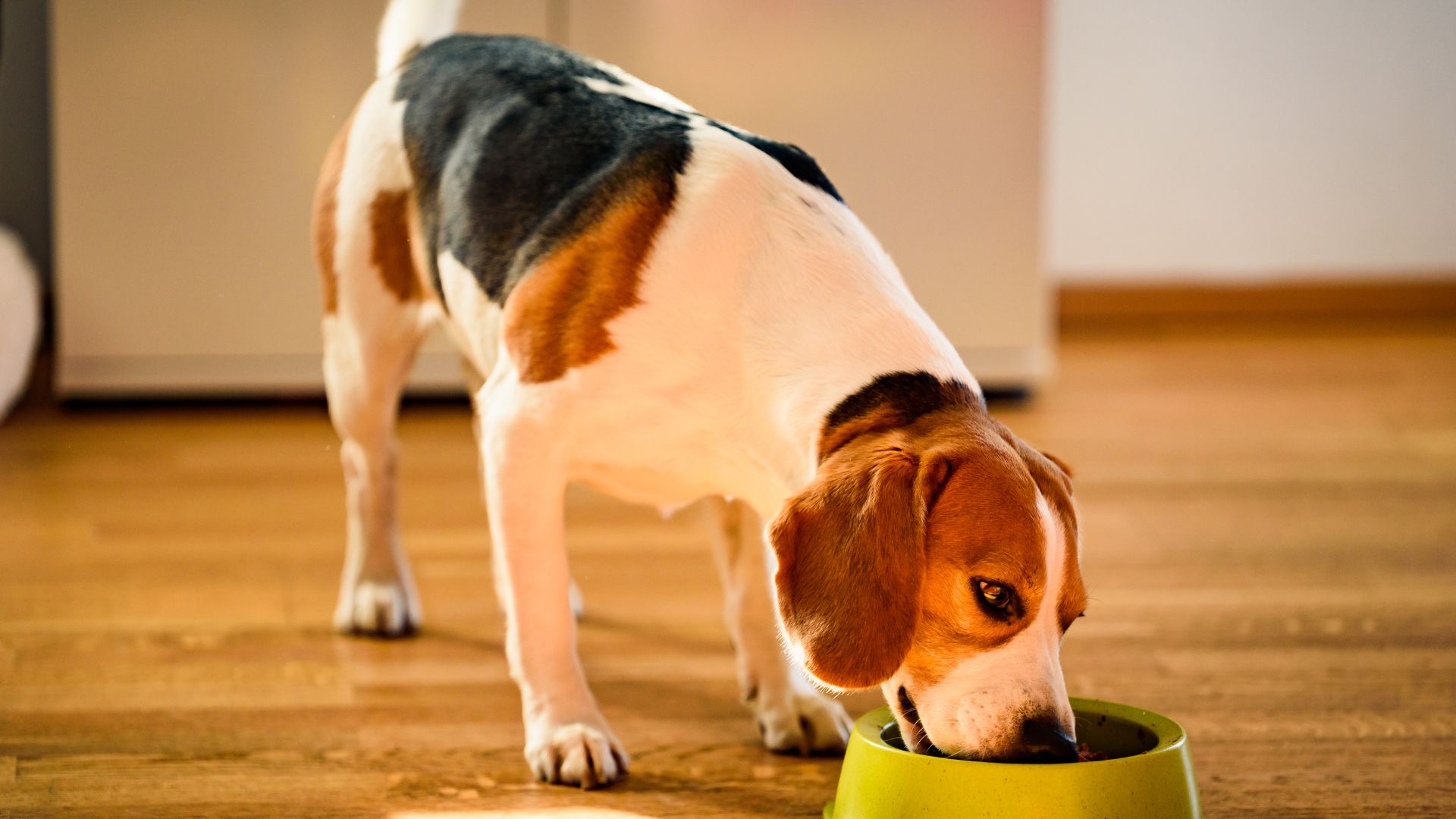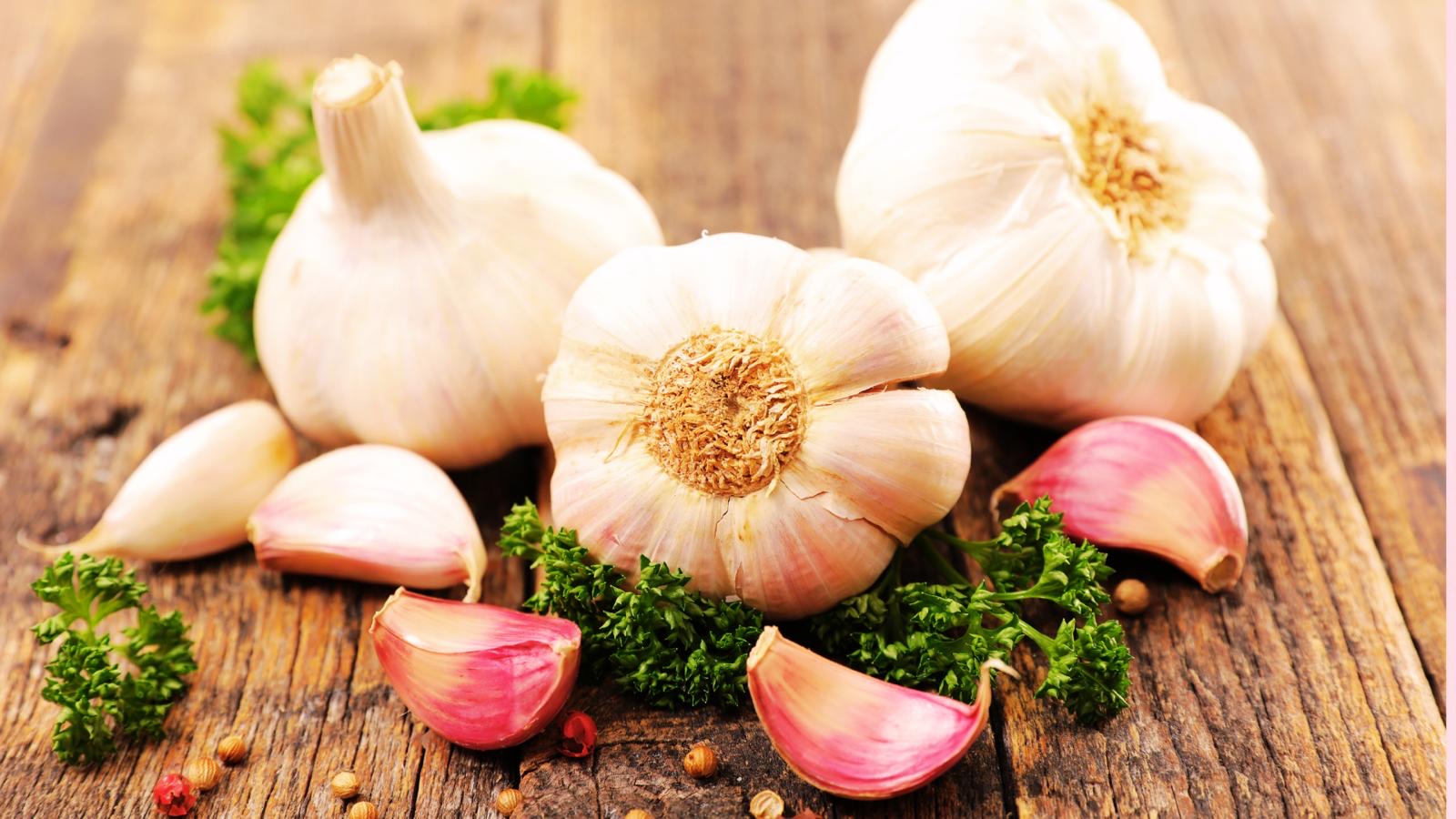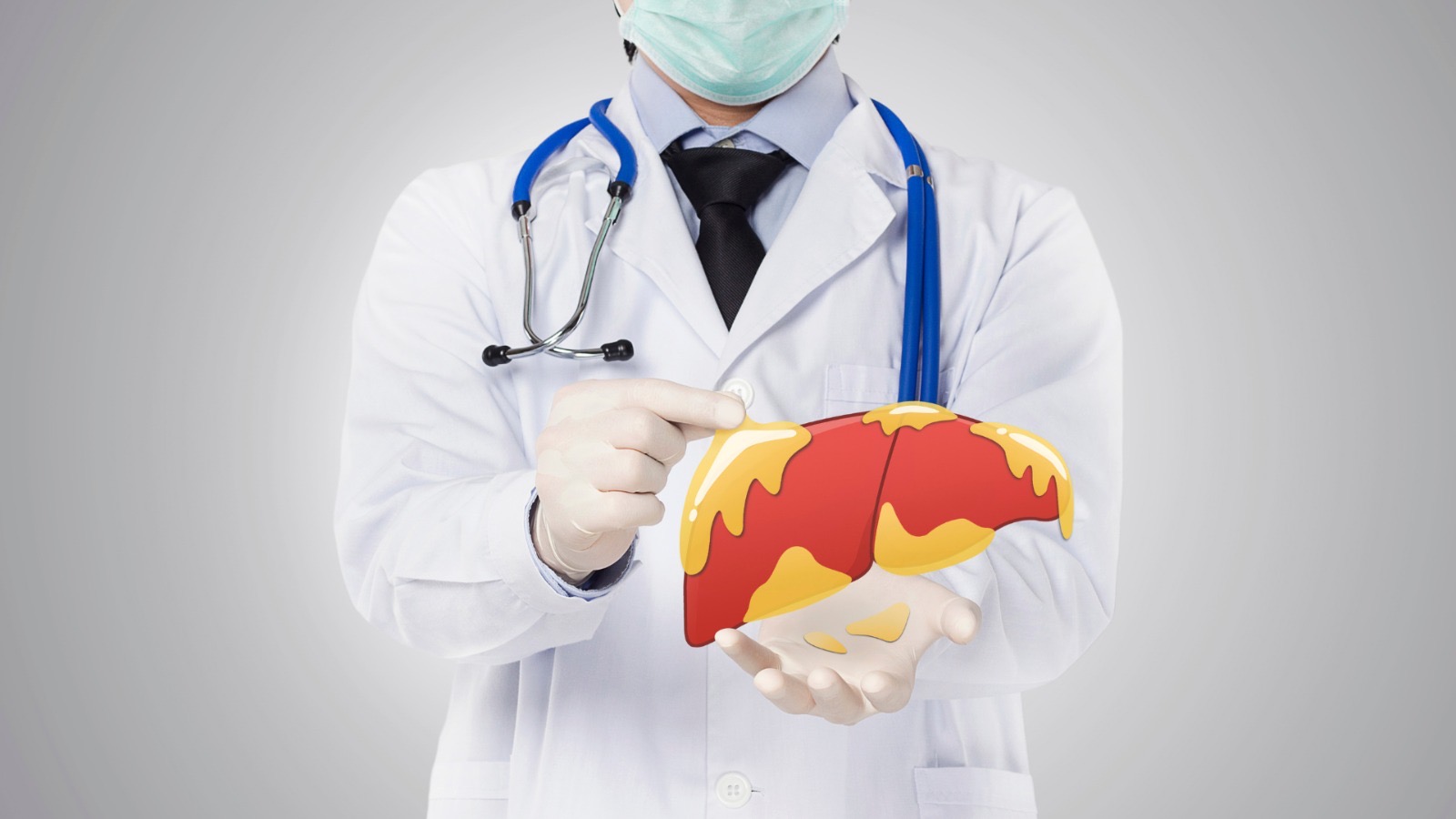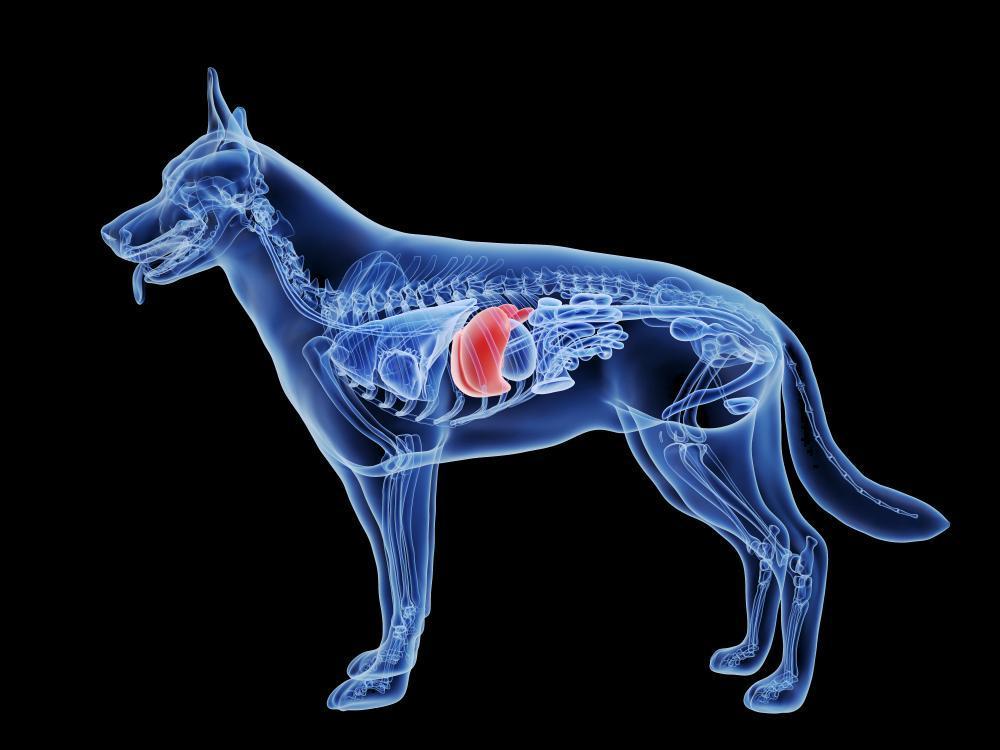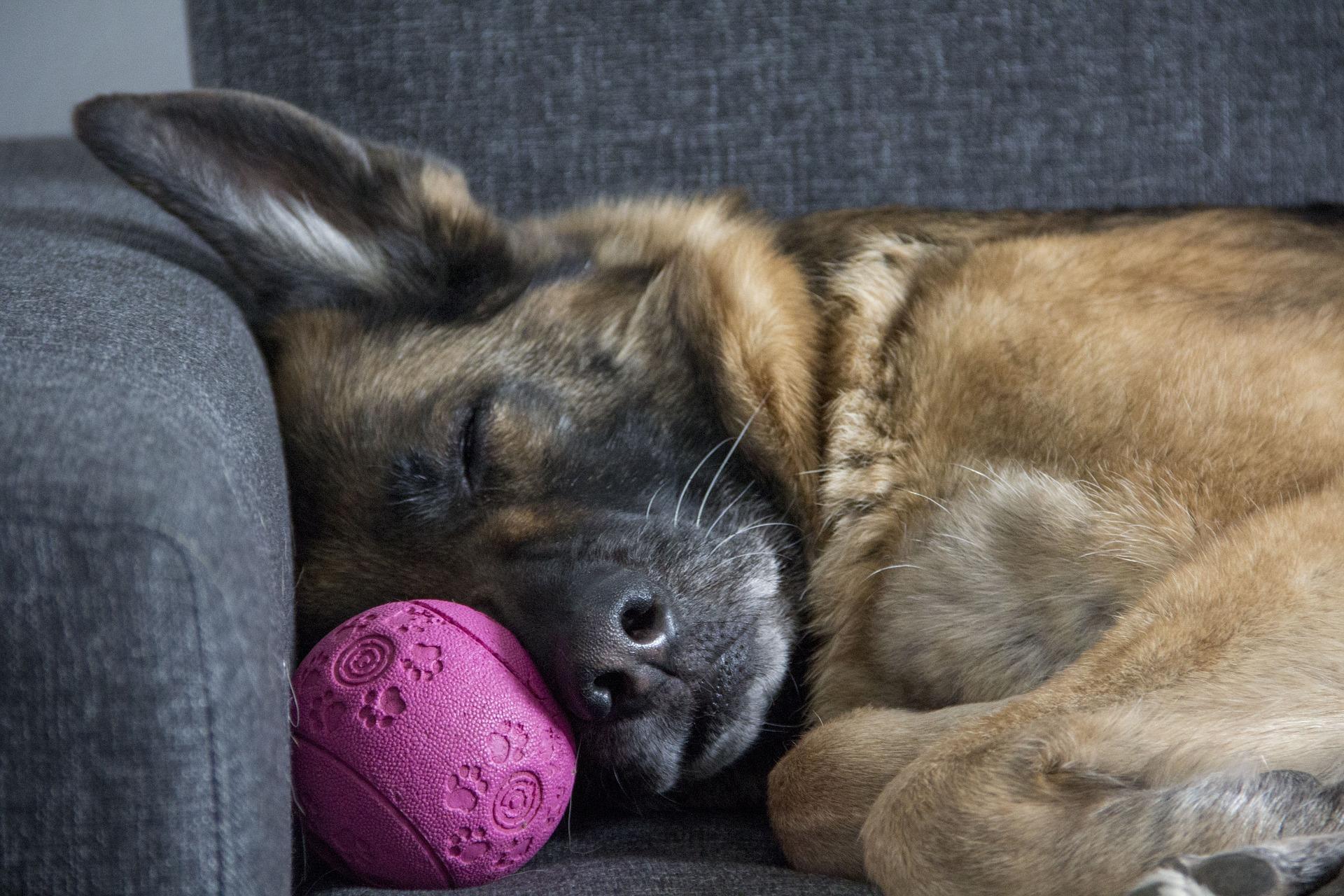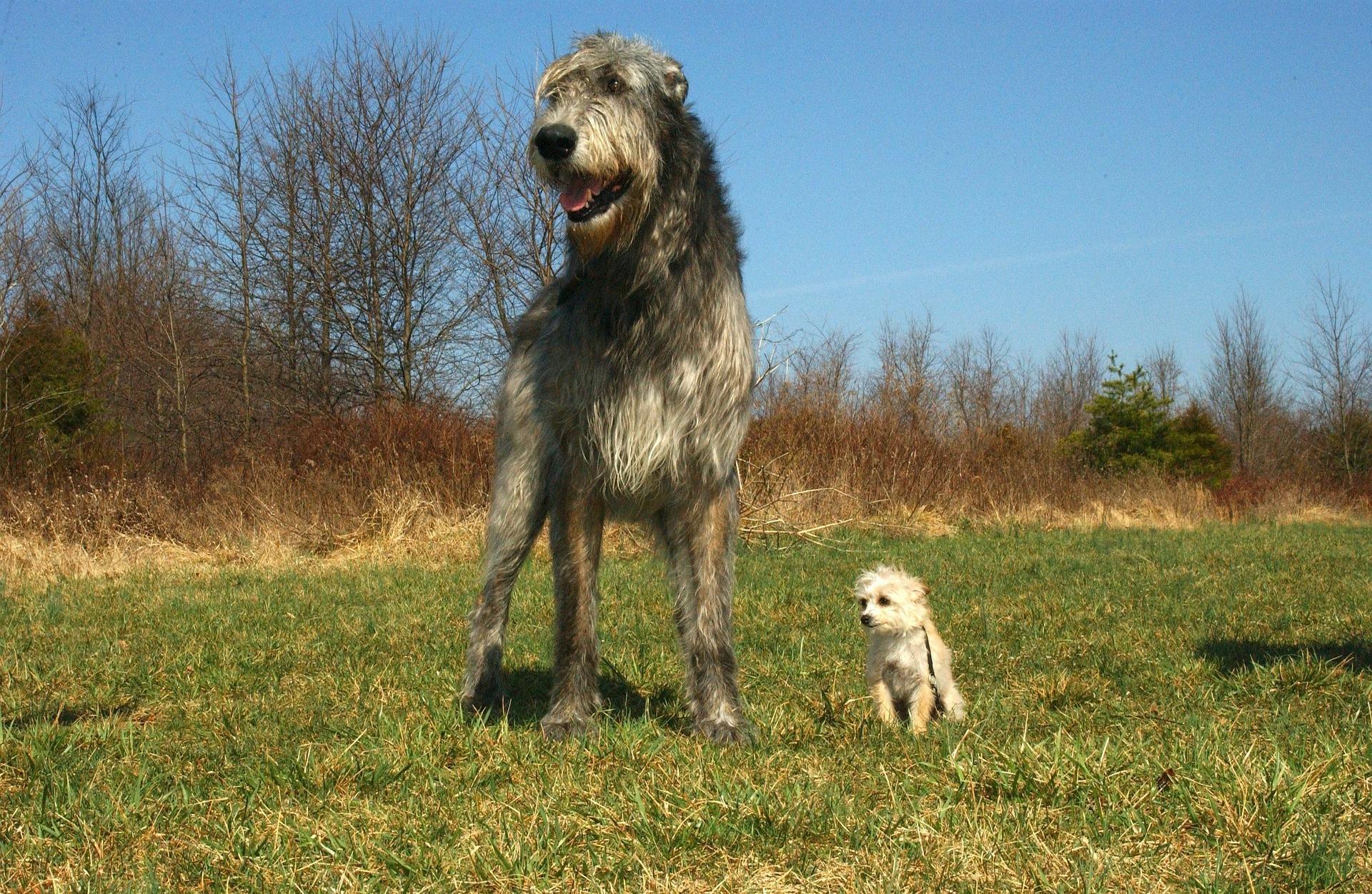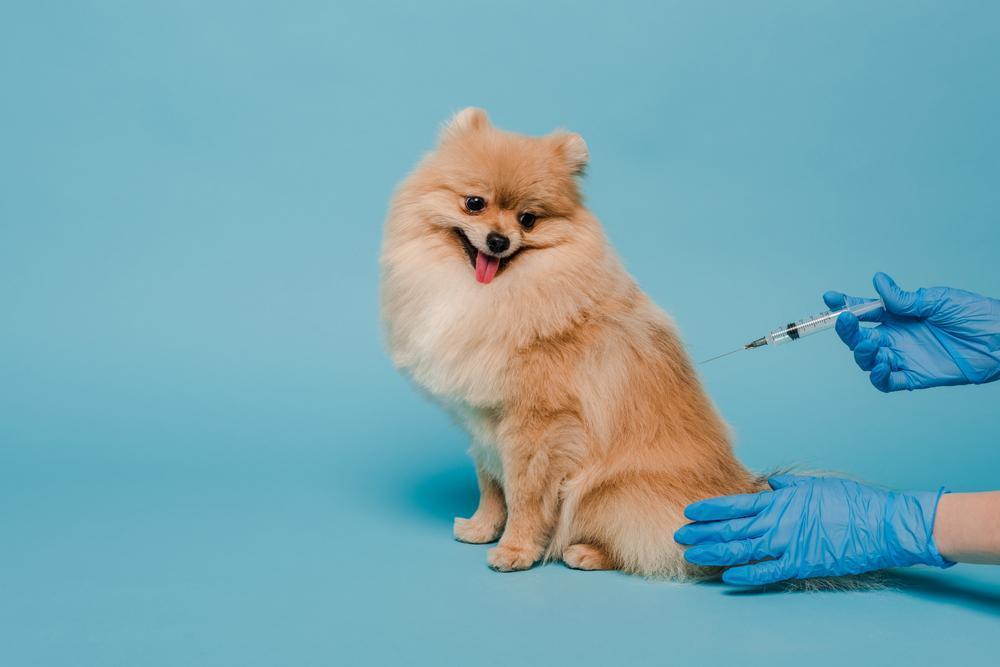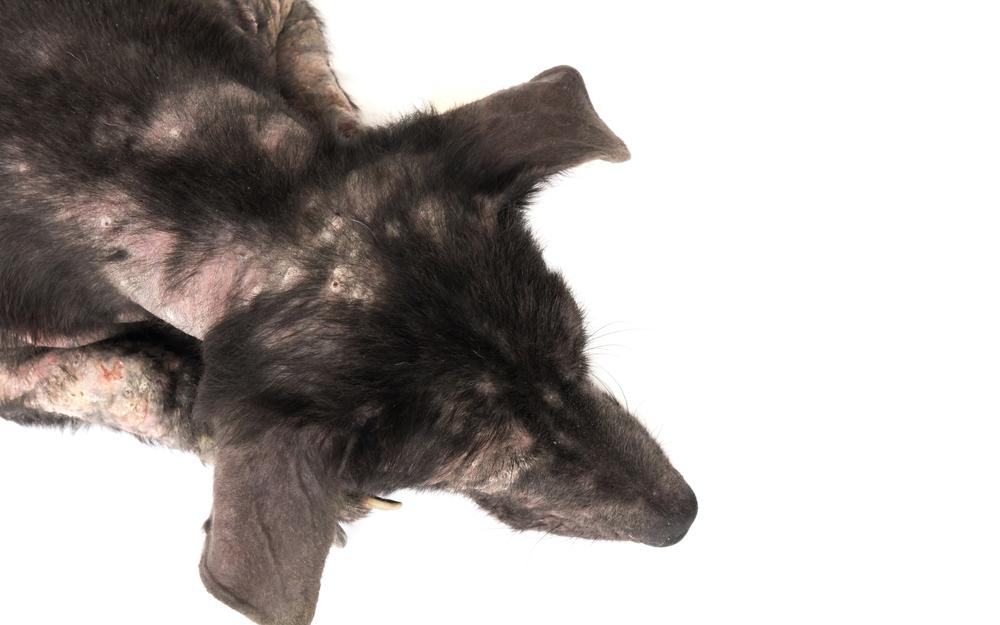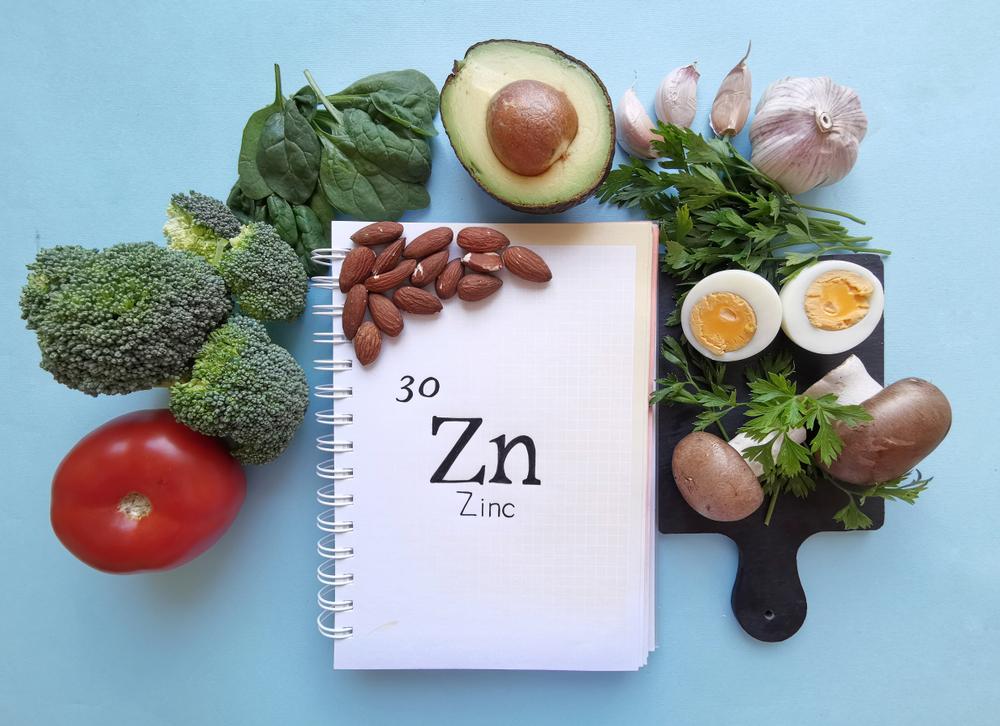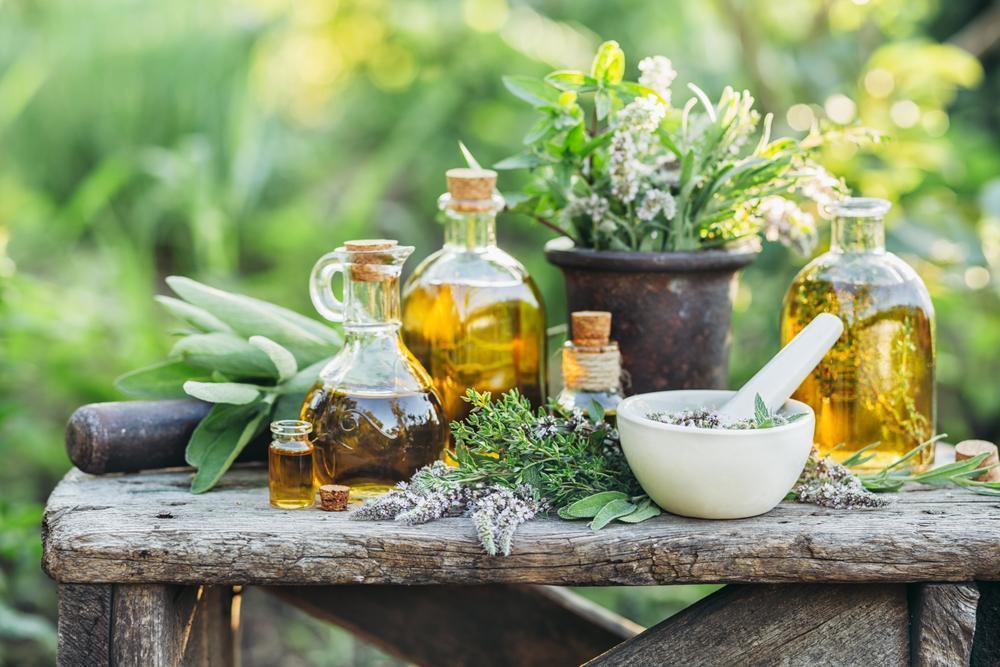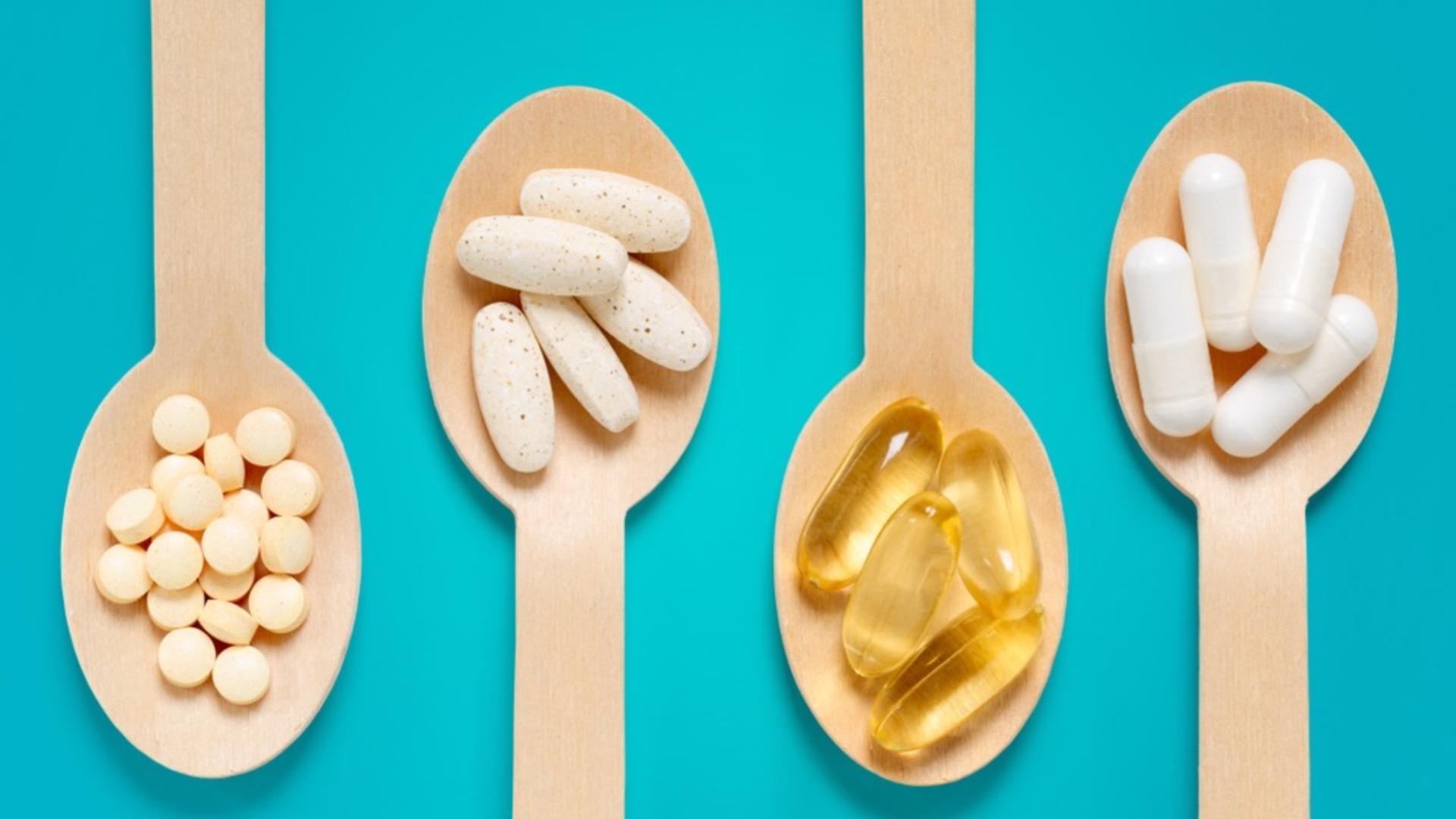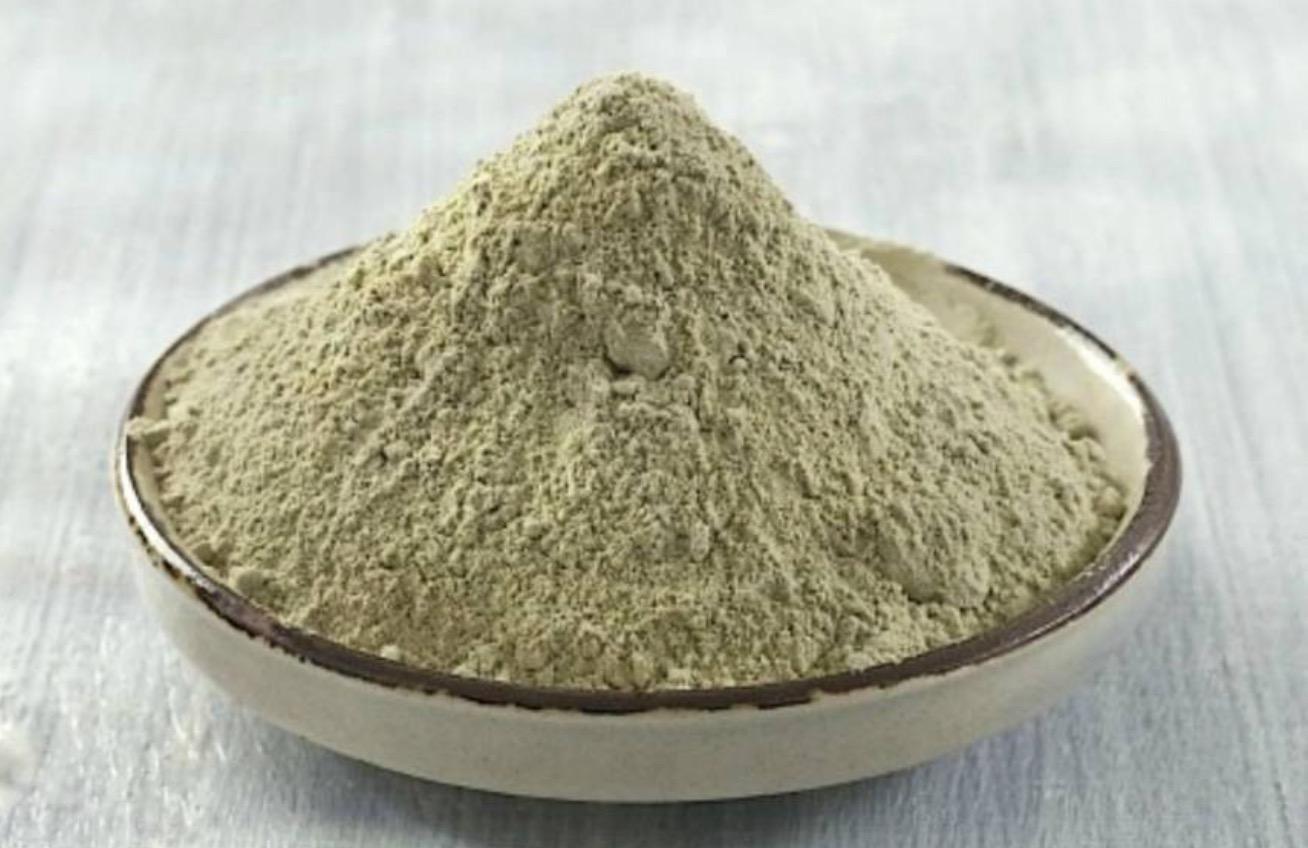Here at My Pet Nutritionist, Liver Disease is something we help pet parents with quite often. The prospect of living with a dog with liver disease can be a daunting one. But we are here to help put your mind at ease, with this handy blog post packed full of useful hints and tips to supporting your pet’s liver, naturally.
The Role of the Liver
The liver is an extremely important organ in the body. It plays many roles in the overall health of the pet, including digestion, nutrient absorption, metabolism, detoxification, immunity, and endocrinologically. These roles, all link with one another, much like a large ‘loop’ of bodily functions dependent on the liver.
Metabolically, the liver detoxifies fats from the body, and is also involved in the conversion of thyroid hormone 3 to thyroid hormone 4, which we can also look at from an endocrinology point of view. When looking deeper into the liver’s role in detoxification, we see that not only does it detoxify the body of excess fatty acids, but also of drugs, steroidal hormones, environmental toxins, and ammonia (as it helps the formation of urea).
In terms of nutrients absorption and storage, the liver is involved in the storage of glycogen, which controls blood sugar levels, and also plays a role in the storage and absorption of Vitamins A, B12, D, E and K, as well as minerals such as iron, magnesium, zinc, and copper.
If we look at what the liver produces, we see is produces cholesterol, which is an important precursor to vitamin D synthesis, and production of sex hormones, and it also produces bile, which is used for digestion of food, and also helps keep the gut free from unwanted microbes.
Looking at hormone production, the liver produces and secretes four main hormones, or precursors for production of other important hormones. These are:
- Somatomedin (insulin-like growth factor, essential for regulation of growth of bones and tissues in the body)
- Angiotensinogen (involved in the regulation of blood pressure and balance of fluid)
- Thrombopoietin (used by the body to stimulate blood platelet development)
- Hepcidin (used to block the ability of cells releasing iron, which in turn regulates iron homeostasis in the body)
Findings Here
Findings Here
Findings Here
Findings Here
Finally, the liver is largely involved in the synthesis of some of the body’s most important proteins, such as:
- Prothrombin (used in blood clotting)
- Albumin (plasma protein responsible for controlling the flow of fluids through the capillaries, known as Oncotic Pressure)
- Globulins (used in immune function)
- Ceruloplasmin (enables healthy absorption of dietary copper)
- Lipoproteins (used to transport cholesterol in the body)
Findings Here
Findings Here
Findings Here
Findings Here
Findings Here
What is Liver Disease?
Liver disease can be any form of problem with your dog’s liver. Generally speaking, most liver problems in dogs start with an enlarged or swollen liver. Due to the strain on the liver when it is inflamed, liver cells begin to die off, while being replaced by scar tissues – tissues that form after trauma, and can be obstructive if they become too thick. The presence of scar tissues in the liver, cause the structure, texture and appearance of the liver to change. It tends to become firmer – the scientific name for this, is cirrhosis. Cirrhosis is not reversible, and can be a death sentence for the dog, as the liver fails.
There can be many triggers and causes of liver disease in pets, including use of some drugs such as selected pest treatments, onset of hepatitis (chronic swelling of the liver), cancer, environmental toxins, infection or sepsis, congenital issues, and even autoimmune disease.
Symptoms of liver disease include:
- Lack of appetite
- Blood in vomit due to stomach ulceration
- Jaundice (yellowing of skin, eyes and mucous membranes)
- Fluid build-up in the abdomen/bloat
- Excessive urination (polyuria)
- Excessive water consumption (polydipsia)
- Diarrhoea
- Fever
- Neurologic symptoms
- Issues with blood clotting
There are some changes to diet and lifestyle we can make to help those with liver disease – let’s find out about these!
Supporting the Liver
Gut Health
Gut health may seem like an odd connection to liver disease, however the two can certainly be linked! There’s a group of systems, or axes, which link the gut with the rest of the body, acting as a sort of ‘roundabout’ for the microbiome. You may have heard us mentioning the HPA Axis, the Gut-Brain Axis, and the Gut-Skin Axis; well, the Gut-Liver Axis is another! The main vein involved in the interactions between the gut and the liver, is called the Portal Vein. This is a two way path, through which products derived from the gut are transported directly the liver, and bile, and other liver secretions are transported directly back to the gut to be used in digestion.
As the gut microbiome is so incredibly important for prevention, and management of nearly all health conditions, a healthy gut is ever so important. Healthy microbial communities in the gut, make for healthy gut-liver axis homeostasis. Having an unhealthy or unbalanced gut microbiome can lead to exposure to microbes which are pro-inflammatory, causing liver inflammation, and consequently, liver disease.
Findings Here
To keep the gut healthy, we can tweak the diet, and add supplements – which we will discuss next!
Diet
As ever, when the body is under inflammatory stress, or has any disease, we need to look at tweaking the diet, to ensure the pet is being fed the most biologically appropriate diet, with the correct nutrition to nurture the body depending on the specific health condition(s) the pet may be facing.
A fresh diet would be most suitable, whether that’s raw or cooked. Many dogs suffering with liver problems, may do better on a cooked food instead of raw, but many do just as well on raw! Now, when it comes to different liver conditions, there is no one-recipe-fits-all. Those with liver shunts for example, we would recommend sought advice from one of our team, so we can provide a specifically formulated recipe. For those suffering with other liver conditions, our low fat recipes may be beneficial. You can
find these here, by clicking the ‘liver’ filter.
Fresh food is also paramount for gut health, which as previously mentioned, is very important for those with liver troubles! Dry food is usually between 6 and 10% moisture, which can cause dehydration, harming the gut microbiome. It is also very processed, which has a negative impact on the microbiome in the gut. Preservatives used in dry foods can also be detrimental to both gut, and liver health. Fresh feeding with a balanced and minimally processed food can greatly benefit the gut microbiome, contributing to overall health.
Supplements
The aforementioned supplements for gut health are one of the building blocks to health and support of our pets (and even us humans, but we wont go into that here!). So, what supplements are useful for gut support and health? Mucilage herbs such as slippery elm, marshmallow root or deglycyrrhizinated liquorice are popular options for gut healing. When a mucilage herb is paired with a clean, high quality probiotic the gut microbiome stands a great chance of staying healthy, balanced, and not allowing bad microbes to ‘take over’. A soil based probiotic may be the best option. Our product Gut Guardian is a high quality mixture of all three of these mucilage herbs and soil based probiotics, with the added bonus of soothing chamomile. They may just be your dog’s best friend!
Findings Here
Findings Here
Milk Thistle (
Silybum marianum) is also incredibly beneficial for the liver. It is well known for it’s therapeutic uses in treating and supporting those with liver disease. It’s one of the ancient remedies we still use today – and it’s totally natural! The fruits of Milk Thistle contain vast amounts of useful flavonolignans, which have anti-inflammatory, antioxidant, antifibrotic, liver regenerating and immunomodulating qualities, making it the perfect liver detox! Milk Thistle is dosed in exceedingly small doses for our pets, so a high quality pet focussed product may be the best choice – PhytoPet offer a tincture (liquid) version, and Dorwest Herbs offer a tablet version with easy dosages – both are high quality, and trustworthy sources.
Findings Here
Findings Here
Curcumin can be useful in the fight against liver disease too, as studies suggest it can reverse the effects of heavy-metal induced liver damage (more on that shortly!). Curcumin is the active compound in turmeric, and is most bioavailable in its liposomal form.
Findings Here
Increasing the Omega 3 content of your dog or cat’s diet may be beneficial to reduce inflammation in the body, and ultimately in the liver. Feeding healthy fatty acids like omega 3 may also break down excess fat in the liver, which is important to reduce effects of liver disease. Raw eggs, sprats, sardines, mackerel, algal oils, and high quality fish oils are all great options.
Findings Here
Finally, another liver friendly herb, great for supporting the liver, is Dandelion Root. This is often used in combination with Milk Thistle. Studies suggest that the polysaccharides in dandelion root may help to increase the flow of bile from the liver, and aid in the detoxification of this important organ.
Findings Here
Lifestyle Changes
As well as dietary and supplementary changes you can make to improve your dog’s quality of life when battling liver disease, there are some lifestyle changes you can make too! Let’s take a look at these.
Changing your pest prevention to natural alternatives may be very beneficial. Some studies suggest a link between isoxazoline products and liver disease. The studies were carried out on mice, and liver damage was discovered. Oral worm and flea products are also very harsh on the gut, causing gut damage which as discussed, is important to avoid. You can learn more about using natural alternatives
here.
Findings Here
Heavy metals can also have a negative impact on the liver. Heavy metal induced liver disease is very real, and very easy to avoid. To avoid heavy metal exposure for your pets, use trusted sources of raw liver in the diet – opt for organic where possible! Minimally vaccinating your pets is also important to avoid heavy metal exposure from the adjuvants found in vaccines – the very thing which is added to make the vaccine ‘work’ to ensure immunity is inferred. We would recommend titre testing to avoid over-vaccination and avoid unnecessary heavy metal exposure. You can read more about vaccinosis
here.
Findings Here
Eliminating environmental toxins is also important. These toxins can include laundry products, household cleaning products, gardening products, and even home fragrance products, which we will look more into next, as the association may seem strange. The chemicals in these products are detrimental to health in general, but especially the gut and liver. It is best to switch to natural alternatives for all your household cleaning and laundry products. Book in for an
Optimise Consultation to find out more about improving your pets lifestyle for optimum health!
To bring this blog post to a close, let’s put the spotlight on home fragrance products. This link between these products and liver disease may seem an odd one, but the ‘evil’ in this situation, is the content of VOCs in home fragrances, including candles, reed diffusers, wax melts and plug in fresheners. VOCs, shortened from Volatile Organic Compounds, can be incredibly damaging to health. These toxins are very harmful to various systems within the body so we would recommend using an air purifier, or some carefully selected essential oils for fragrance in the home. VOCs can be used in a laboratory as a biomarker to liver disease during faecal analysis, due to the interactions between VOCs and the liver.
Findings Here
Findings Here
We hope our blog post has helped you understand more about the liver, and what you can do to help your pet in the event that he or she is diagnosed with liver disease. If you feel you could use some tailored 1-2-1 help, please don’t hesitate to book a consultation with one of our team.
Team MPN x 
